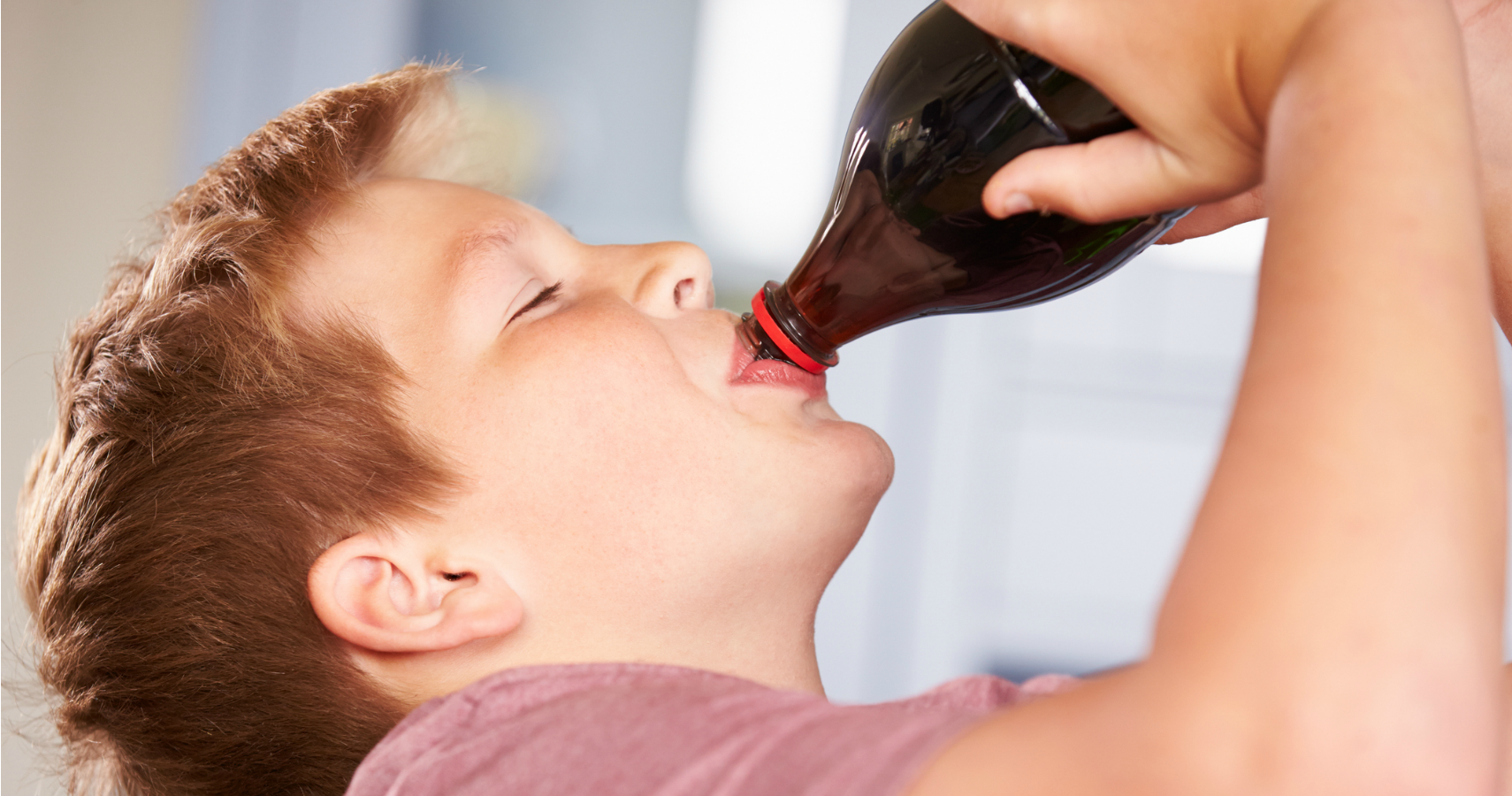Recently a study emerged citing the difficulty parents have in terms of identifying how much sugar is in the food their children eat. Of course we know that candy and cookies are loaded with the stuff, but other items often deemed healthy, like yogurt, can also be packed full of sweeteners.
Now California is taking aim at childhood obesity with a bill that would actually prevent restaurants within the state from serving kids anything other than water or unflavored milk (in terms of beverages, at least). Before you get up in arms over government trying to enforce an idea that should be a parental decision, Senate Bill 1192 wouldn't necessarily make it illegal for these eateries to sell juices and sodas to kids, but it would make water and plain milk the default option. It would, however, force restaurants to change their ads, because they can no longer look to actively sell soda to children.
The bill, which is currently sitting with California governor Jerry Brown, would make the Golden State a pioneer in such efforts. There are cities within California which already promote their own version of the bill locally, but this would be the first time something of this magnitude was enacted statewide to help curb childhood obesity.
PREVIOUSLY: Toddlers Eat More Sugar Than Is Safe For Adults, Study Says
It's an interesting premise and one that is being met from radically different viewpoints. While some appreciate the effort to make sugar-laden beverages less readily available to their kids, others don't quite understand why the state should have anything to do with it. After all, as a parent, it's our duty to advise our own kids and their nutritional choices, or at least that's the way it has been until now.
Interestingly, the CDC released a statistic nothing that about 67 percent of kids between the ages of two and 19 sip on at least one sugary drink daily (though they didn't specify if that drink was a soda or 100 percent fruit juice).
Although California has long been associated with healthy living, parents have to ask themselves if this bill takes things a step too far. The state will have to decide once and for all if accepting this responsibility is worthy enough for the potential health merits or an invasion of privacy of sorts.
READ NEXT: Study Says Parents Struggle Estimating The Amount Of Sugar In Kids' Food

